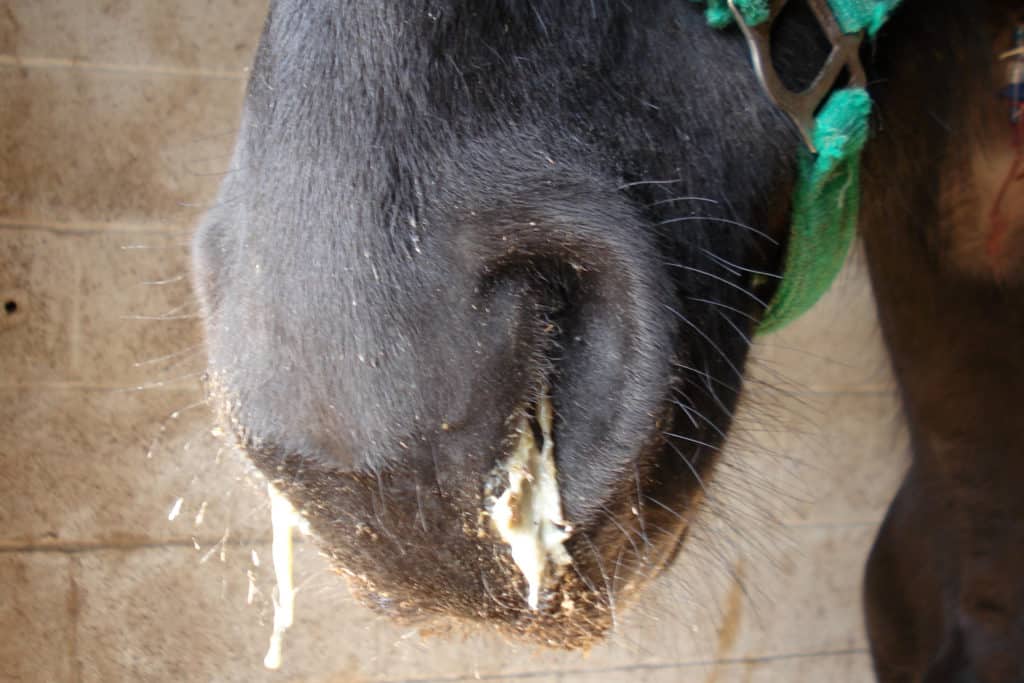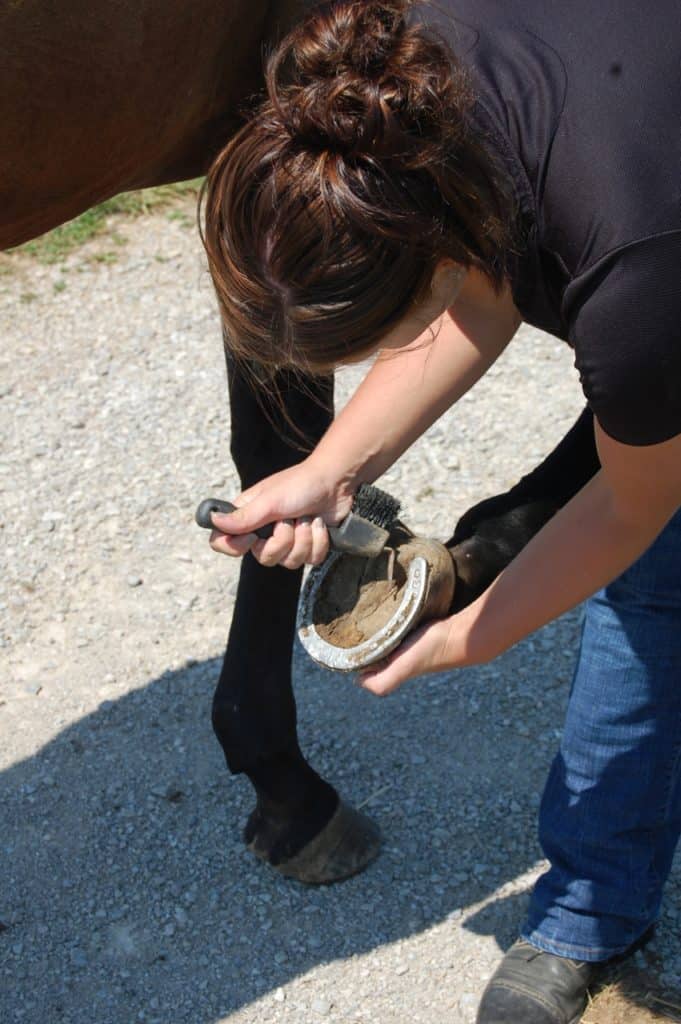
Equine Arthritis Research Update
A look back at what scientists have learned about osteoarthritis in horses in the past year.

A look back at what scientists have learned about osteoarthritis in horses in the past year.

Horses are known for their big hearts, both figuratively and functionally, but what makes the equine heart so special?

When mentoring equine veterinary students, veterinarians should combine hands-on learning methods and verbal explanations.

Two veterinarians share how they diagnose, treat, and rehab back-sore horses.

How to help performance horses of all types reach peak fitness.

Here’s how to handle a strangles outbreak in your barn and prevent the disease in the future.

Find out how to design an affordable feeding program while still meeting your horse’s nutritional requirements.

New research shows that veterinarians might need to allow several hours between transportation and testing for conditions such as PPID.

Many equine veterinarians experience moral distress at least once in their career. Learn why this happens and how you can cope.

Equine standing CT is an accurate diagnostic imaging tool that could make CT safer and more accessible due to its ease of use.

Researchers have learned more about equine dental-derived stem cells and potential ways these agents could help treat equine dental conditions.

AAEP Convention keynote speaker Cassandra Worthy explains how you can skillfully adapt and use this proficiency to your advantage in equine practice.

Learn about the latest research surrounding the neurologic conditions equine neuroaxonal dystrophy (eNAD) and equine degenerative myeloencephalopathy (EDM).

My horse’s frog was soft and the part toward the heel was white like the stomach of a dead frog. How do I treat this and keep my horse’s feet dry?

Changing weather patterns can increase your horse’s risk for contracting infectious diseases.

Learn about devices designed to measure equine athletes’ cardiac function and maximize performance.
Stay on top of the most recent Horse Health news with
"*" indicates required fields